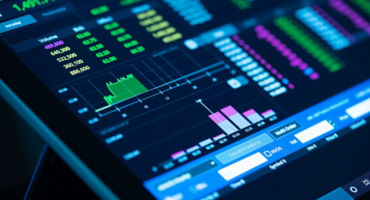Recently, a metals trading giant issued a stark warning about aluminum: “The deficit is now moving at such a speed that it’s unsolvable…the world will run out of stockpiles by early 2024,” as Bloomberg reported. Aluminum prices have more than doubled since the first 2020 COVID shutdowns and now sit near a 13-year high. 2
And demand for aluminum looks poised to continue to spike. Just consider the decarbonization targets set by the new German government coalition, which aim to make renewables 80% of the nation’s energy mix by 2030, up from 45% today.1 As Tim Casaletto has calculated, this would require roughly 25 gigawatts (GW) of new renewables per year. And just one GW of new solar panel capacity requires more than 10,000 tons of aluminum, according to Bloomberg calculations.2
Commodity supplies are likely to be further complicated by climate change itself. Coffee, for example, has given a glimpse of this potential. Over the past year, coffee prices have nearly doubled.2 Two years of extreme drought have compromised Brazilian growing seasons. Based on coffee growers monitored by the ICE Futures US Exchange, Brazilian stockpiles appear to be the lowest they’ve been in over 20 years. As climate change intensifies, we expect more frequent and more severe disruptions to commodity production and distribution, generating even greater volatility in supply/demand imbalances.
As the Russia/Ukraine crisis exemplifies, a world of tight and uncertain commodity supplies is likely a world of heightened volatility. And the sustainability revolution is poised to only exacerbate inflationary pressures — constraining supplies (via regulation and investor divestiture) faster than demand, especially as GDP growth rebounds post-pandemic. It is an environment where deep, research-driven active management could prove a defining edge. Recognizing (and exploiting) the company-by-company, market-by-market, and nation-by-nation implications of higher commodity prices will require diverse expertise and the ability to allocate with agility.
1 Source: Wellington Management estimates, Bloomberg, as of February 2022.
2 Source: Bloomberg, as of February 2022.






















